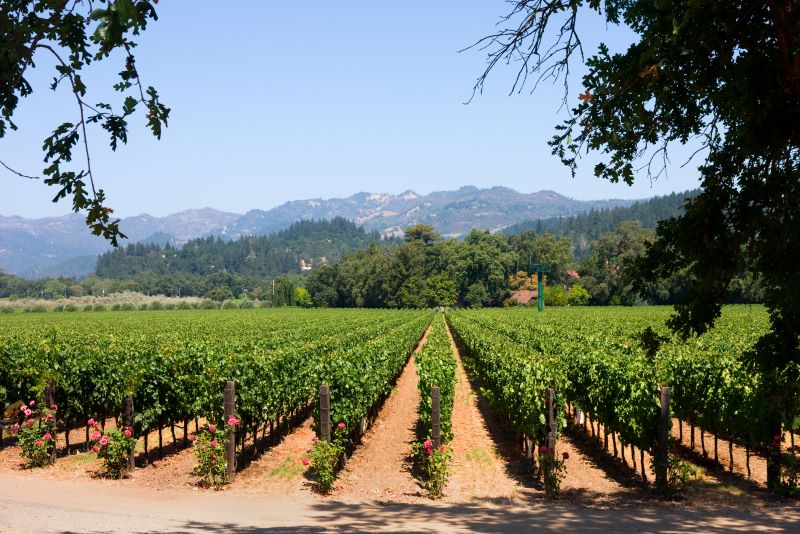How Can Reducing Food Waste Stop World Hunger?
- Categories:
- Food

What is the current situation with food waste and world hunger?
Globally, 30-40% of food intended for human consumption is not eaten
It is clear that there is a problem with food waste when approximately a third of the food that should be eaten is instead being wasted. People around the world are throwing food away on a massive scale when there are others out there going hungry.
More than 800 million people go hungry every day
At the same time as all the food that is being wasted, hundreds of millions of people are going hungry every day when there is more than enough food being produced to go around. There is a serious imbalance here that needs to be rectified.
How does food production contribute to climate change?
If population growth and economic development continue at their current pace, the world will have to produce 53 million more metric tons of food annually by 2050. However, this shouldn’t really be the case when around a third of the food that is intended for human consumption is currently being wasted.
If we do nothing, and the volume of food production intensifies, this would require converting another 442 million hectares of forests and grassland (which is greater than the size of India) into land for agriculture over the next 30 years.
This would also release the equivalent of an additional 80 billion tons of carbon dioxide over the next 30 years – about 15 times the emissions of the entire U.S. economy in 2019. This is all very alarming news when food waste already accounts for roughly 8% of the world’s greenhouse gases.
How can reducing food waste stop world hunger?
Food waste is threatening our planet and the people that live on it. Instead of increasing food production, with damaging agriculture that will accelerate the climate crisis, the alternative path involves providing more food by instead eliminating waste.
Alongside making agriculture more efficient and sustainable, simply adjusting the way we consume food could have a massive impact on both reducing greenhouse gas emissions and helping to provide food to those in need.
The UN is working to prevent post-harvest losses with its project Zero Loss for Zero Hunger. This involves working with smallholder farmers to stop them from losing food by managing and storing it in a way that keeps it fresh and stops rot and other losses.
Limiting food waste globally could reduce the need to raise more food by 60%.
In terms of the food we waste from our kitchens in developed countries, we need to make adjustments to our diets and the amount we buy and consume.
Researchers at Project Drawdown found that shifting to a primarily plant-rich diet and consuming 2,300 calories a day in 50% of the global population could significantly reduce food waste.
Indeed, a study by the UN’s Food and Agriculture Organization found that 54% of the world’s food wastage occurs “upstream” during production, post-harvest handling and storage while 46% of it happens “downstream,” at the processing, distribution and consumption stages.
We therefore need to tackle food waste at all stages – though it’s important to note that the later along the food chain food is lost, the greater the environmental impact will be, because of all the emissions involved in its production, transport, storage and cooking so far.
The same study by the Food and Agriculture Organization (FAO) found that limiting food waste globally could reduce the need to raise more food by 60%.
They make the following recommendations for limiting food waste:
Improve loss of crops on farms due to poor practices, stop consumer household waste and better align demand with production (to stop producing unneeded food in the first place which will only be wasted).
Reuse within the human food chain by donating food to those in need or, if not fit for human consumption, using that food to feed livestock. Apps such as Too Good to Go and Olio come in really handy here!
A lower priority, but still something to consider, is recycling and recovering food, rather than dumping it in landfill and allowing it to produce methane when it rots.
It is clear that reducing food waste will help to prevent world hunger, as the same volume of food that is currently being produced is enough to feed those going hungry if we can find ways to stop a third of it being wasted.
Not only that, but it will also help in the fight against the climate crisis as it will reduce the need to further ramp up food production as the population grows!
Instead, we all need to use the food that is already being produced, rather than it being wasted.










